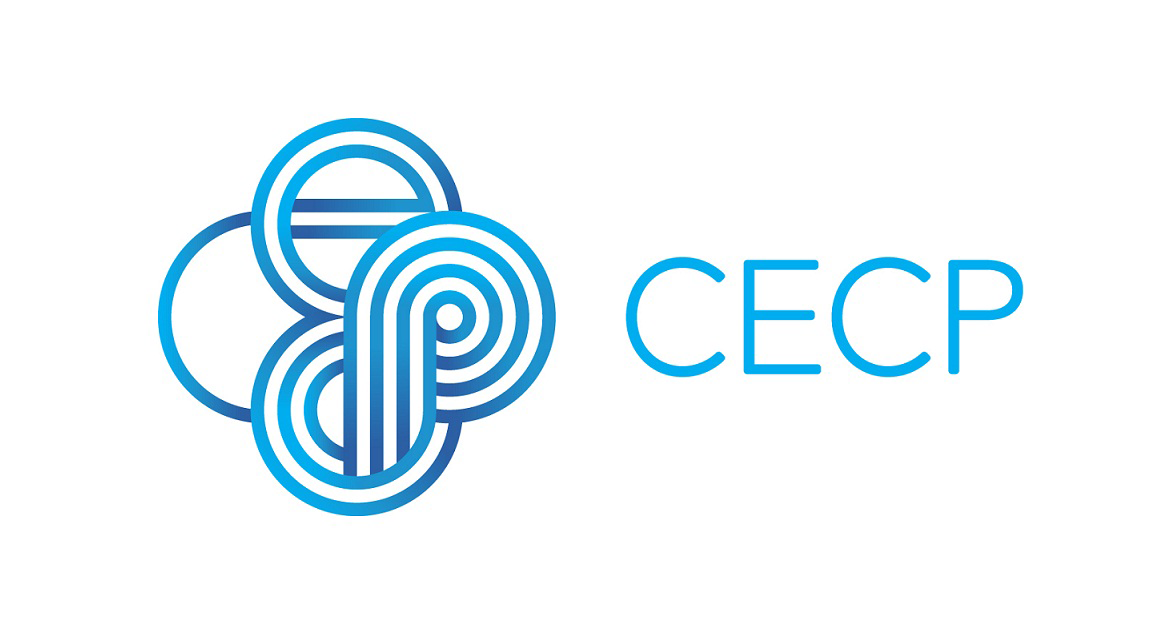Corporate Innovation Extends to Environmental, Social, and Governance (ESG) Strategies; Companies Find New Ways to Deploy Resources for Societal Benefit
Pilot study highlights diverse approaches companies are taking to do ‘good beyond giving’

NEW YORK, May 23, 2017 /3BL Media/ - A new study released by CECP: The CEO Force for Good, supported by USAA, found that large companies are implementing new ways to make a positive difference for people and communities beyond traditional corporate philanthropy and volunteering. The groundbreaking pilot study, What Counts: The “S” in ESG, catalogs the practices of companies working on these innovative initiatives that address the social side of Environmental, Social, and Governance (ESG) business practices.
The report outlines three categories of these efforts:
- Multi-Departmental, Socially-Driven Efforts – Such as cross-departmental changes in operations, supply chains, products and services, and workforce
- Expanded Uses and Types of Contributions – Such as providing grant funding to governments, for-profits, individuals, impact investing, and donating company data
- Staff Providing Social Service – Such as the delivery of services, as opposed to funding, usually through a private operating foundation
The report illustrates these three categories with over 30 mini-case studies from companies such as Cisco Systems, Gap, Inc., IBM, Microsoft, Pepsi, USAA, Target, Western Union, and others.
“Companies today are doing more than ever before and philanthropic efforts only tell part of the picture,” said Daryl Brewster, CEO, CECP. “As the pace of change from ‘Brexit’ to the US election seems to increase, we predict that businesses will continue to deepen the integration of ESG into their business models. Corporations know that the marketplace – for consumer attention and employee talent – demands that they work to solve these issues and be a steady voice of advocacy. This is an expanded role for companies – not as a charity, but because it is a strategic business mandate.”
The report was sponsored by USAA, a financial services company dedicated to serving the U.S. military community. USAA’s corporate responsibility function continually evaluates more effective ways to make an impact across the nation to support the military and local communities. USAA seeks to help all companies elevate their philanthropic efforts to support military service members and their families as well as to better evaluate the total good of philanthropic efforts, accounting for business operations and the total good contributed to communities. Measurement of impacts, USAA believes, is key to evaluating the effectiveness of a company’s efforts.
“We see the ESG field constantly evolving and companies around the world are stepping up to break through old ways of thinking,” said Harriet Dominique, Senior Vice President of Corporate Responsibility, USAA. “Through responsible grantmaking and other cutting-edge business strategies, companies can address societal challenges and tap into innovations that will increase a company’s ability to make societal changes that benefit both the community and the organization.”
Looking forward, CECP will expand on this pilot study to develop common definitions and metrics around these new methods – including integration into the CECP’s Social Scorecard. CECP believes this will aid in more wide-spread adoption of some these strategies, as well as robust reporting and availability of data.
The report was made possible through the support of USAA and is available for free on CECP’s web site: www.CECP.co
###
CECP: The CEO Force for Good:
CECP is a CEO-led coalition that believes that a company’s social strategy—how it engages with key stakeholders including employees, communities, customers, and investors—determines company success. Founded in 1999 by actor and philanthropist Paul Newman to create a better world through business, CECP has grown to a movement of more than 200 of the world’s largest companies that represent $7 trillion in revenues, $18.6 billion in societal investment, 13 million employees, and $15 trillion in assets under management. CECP helps companies transform their social strategy by providing customized connections and networking, counsel and support, benchmarking and trends, and awareness building and recognition. http://cecp.co

